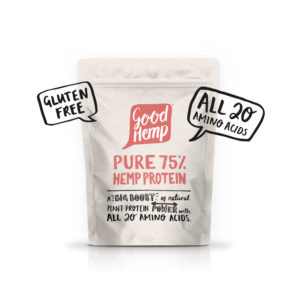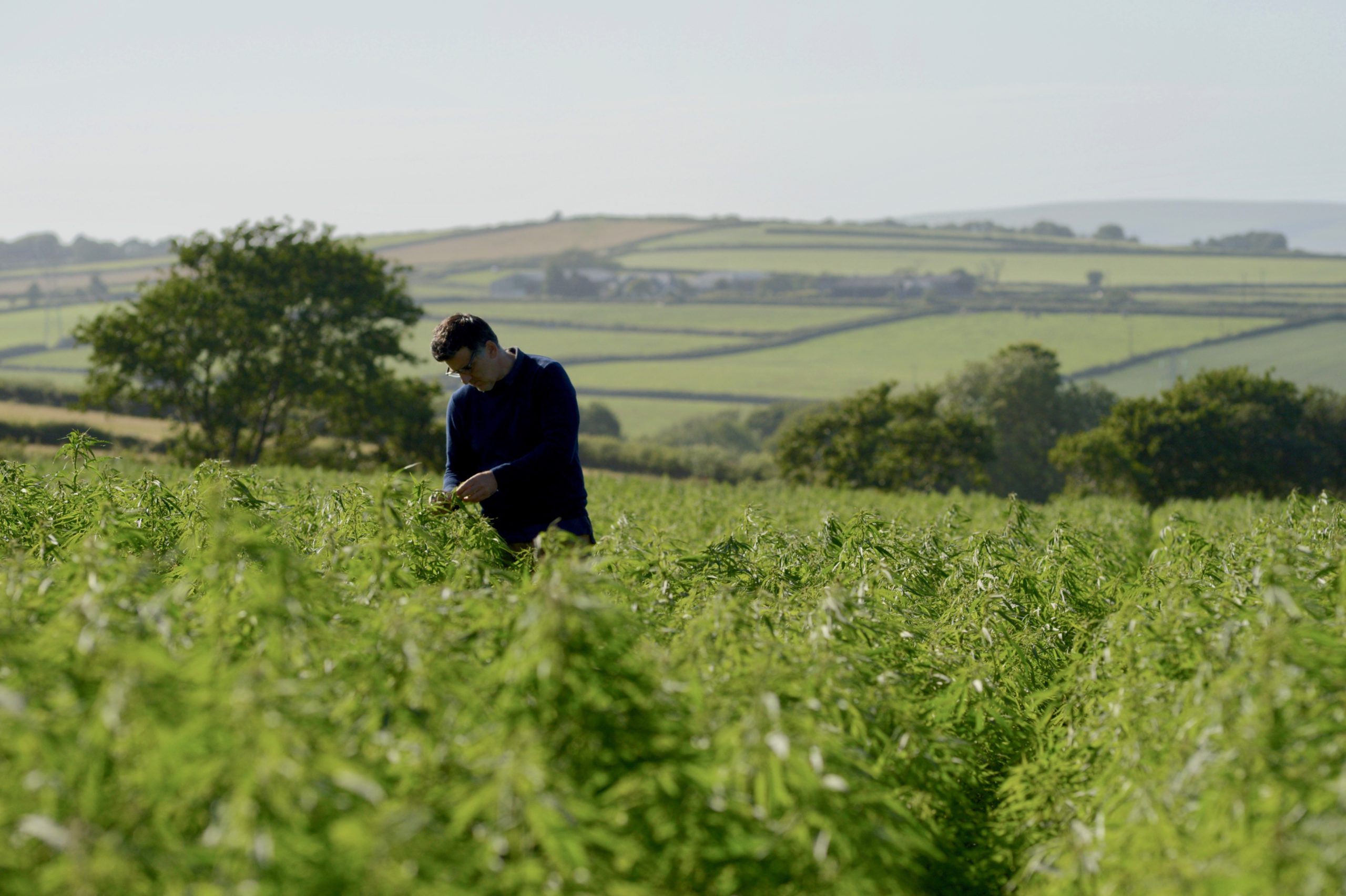How Going Vegan Helps the Environment
If the popularity of Veganuary was anything to go by, more and more people are getting interested in veganism by the day in the UK.
Following a vegan diet is widely considered to be one of the best ways for us humble consumers to reduce our carbon footprint. Part of our mission here at Good Hemp is to encourage more people to go vegan, one dash of dairy-free milk at a time.
Our champion in this mission? Hemp – one of the most sustainable plants on the planet. Hemp is a carbon-negative crop, which means that over the course of its lifetime, it absorbs more carbon than is emitted in its production process. Hemp is the source of all of our cooking oils, protein powders and CBD oil, as well as that dairy-free milk range we mentioned earlier.
But there are many more ways in which you can get your nutrients from a vegan diet – through these vegan protein sources, for example.
Learning more about how veganism can help the environment can help give you that extra push in the right direction and get your year off to a sustainable start. Ready for change? Here we go!
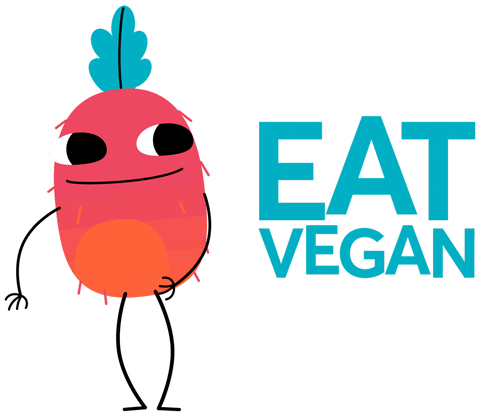
The Connection Between Veganism and the Environment
Veganism is more closely connected to the environment than you might think. A recent Oxford University study found that by cutting meat and dairy products from our diets, we could reduce our individual carbon footprints by a whopping 75%.
Forget about convincing people to buy electric cars – just by encouraging someone else to go vegan, you could help the environment make substantial gains in the coming years.
How Can Veganism Help the Environment?
From its effect on animal agriculture, water pollution and the depletion of natural resources to how it can counter deforestation all over the world, veganism truly has the power to save the planet.
1. Changing animal agriculture
The Food and Agriculture organisation of the United Nations claims that livestock is responsible for up to 14.5% of global greenhouse gas emissions. Rearing animals for food is also one of the most inefficient ways to give people access to nutrient-rich diets: it takes up around 70% of agricultural land, in turn offering just a fraction of the nutrients we need in a day.
Imagine if the same land was harvested in a way that gives more people access to essential, nutrient-rich and plant-based food. Hunger could be eradicated altogether! Excess land from a decreased demand for meat products could also be cultivated into forests, directly countering deforestation.
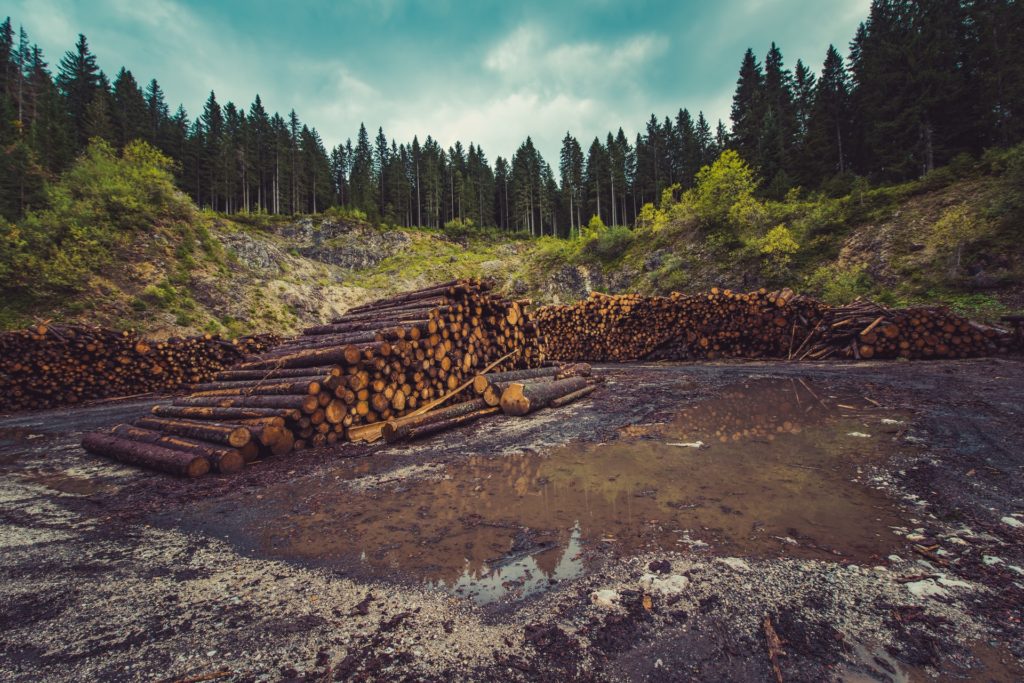
2. Preventing the depletion of natural resources
Depending on where it’s made, it can take over 1,600 litres of water to make a single beef burger. For some context, consider that McDonalds serves 3.5 million people in the UK each day. If even just a fraction of those ordered a burger each time, the strain on the natural water supply over the course of a single year would be worth talking about. Hemp on the other hand, requires no watering at all in most climates as it’s great at storing and utilising water as efficiently as possible.
Veganism helps to decrease demand for meat sources, which not only protects water sources, but other resources as well. The commercial farming methods used to meet the demand for meat products directly contributes to soil erosion and land degradation. All the while, fertile land is one of the most important resources for the survival of our species.
3. Reducing the amount of plastic pollution
Depletion of natural water sources is one thing. Pollution is another problem entirely. Profit-driven overfishing has a huge impact on the environment, over and above the fact that football field-sized nets are used to scrape ecosystems bare in the process, leaving many marine life forms such as fish, coral and turtles in danger of starvation. Fishing equipment is considered one of the main causes of plastic pollution in the ocean. It causes whales, turtles and seabirds to get entangled and die, or get internal blockages in their intestines from accidentally eating plastic.
The more people refuse to eat fish the world, the less conglomerates will be able to bank on making a quick buck while polluting our oceans.
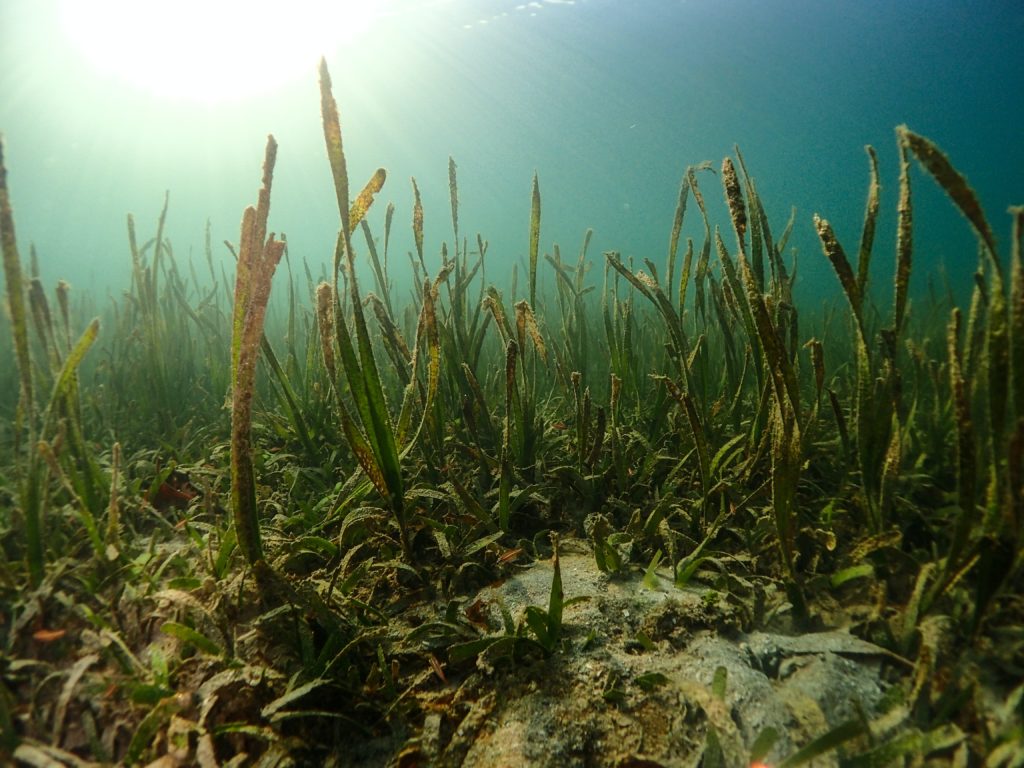
4. Fighting back against deforestation
The WWF agrees that forests are integral to our survival, mostly because they are directly linked to the air we breathe every second of each day. They help to offset the carbon footprint left by the rise of global industrialism and prevent soil erosion too. Hemp is a stellar example of a planet friendly crop as it breathes in 4 x more CO2 than trees and actually removes nasty toxins from the soil. Let’s also not forget that forests house plenty of animal species either, many of which are crucial to the livelihoods of local and indigenous people.
Beef exports are directly linked to deforestation in the Amazon rainforest in Brazil. This wondrous and vast national treasure is rapidly being cleared out to make room for cattle farming and ever-expanding crop fields. Following a vegan diet is a way to reduce demand for meat products, protecting the environment in the process.
Building a Better Tomorrow Together
As the world sees a rise of young activists working together with more seasoned adopters (have you seen David Attenborough’s ‘A Life on Our Planet‘ documentary yet?), there is a resounding message of hope in the air.
We’re all going to need to work together to make it happen. One way to help make a difference right away is to embrace a plant-based diet, and to encourage someone else to try doing the same.
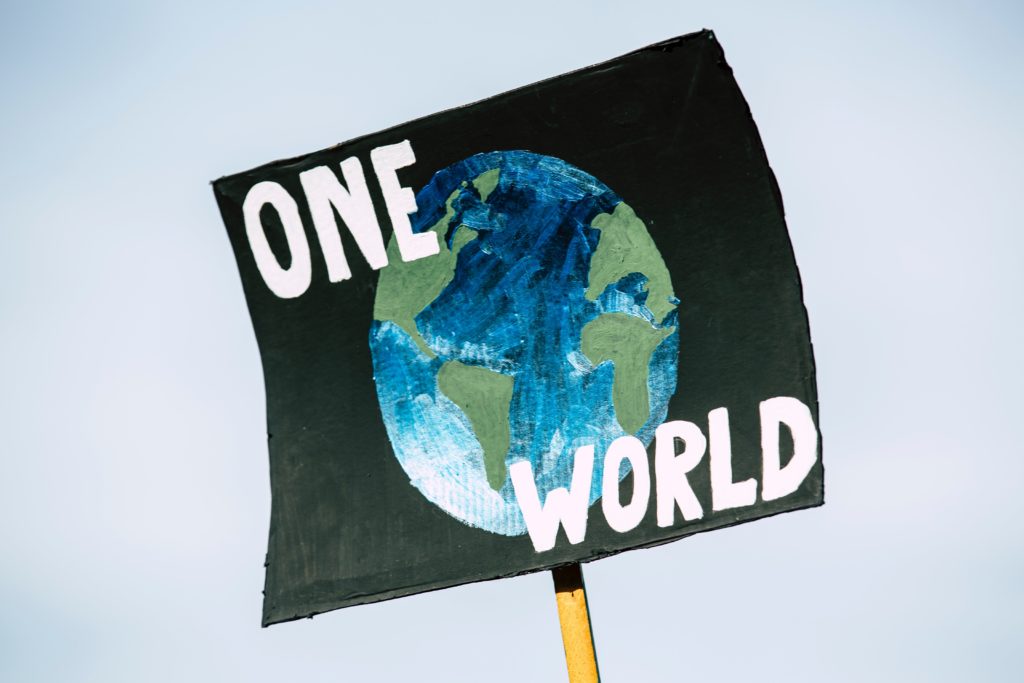
Food of the future
Another hopeful sign revolves around sustainable diets that include alternatives to meat in the way we know it today. Bill Gates has been advocating heavily for this kind of “food for the future”, which looks at options that lead to a more sustainable way of life on earth, and can potentially change the environmental footprint of food over the span of just a couple of decades.
Food transformation initiatives sound wonderful, and frankly a lot of what is being spoken about touches on the tenets of something we know and love already: veganism.
Every Little Bit Helps
Just like Bill, Melinda, David and Greta, Good Hemp cares about sustainability in a big way. Our vision for a better future includes continuing to offer some of the best plant-based products on the market, including dairy-free milk and natural protein powders that are perfect to supplement your nutrient intake if you’re serious about following a vegan diet.
The first step towards helping the planet starts with something as simple as choosing a plant-based diet.
If you’re already doing your part, keep going! If you’re keen to get started, there’s no better moment than right now.
At the end of the day, every little bit helps.

